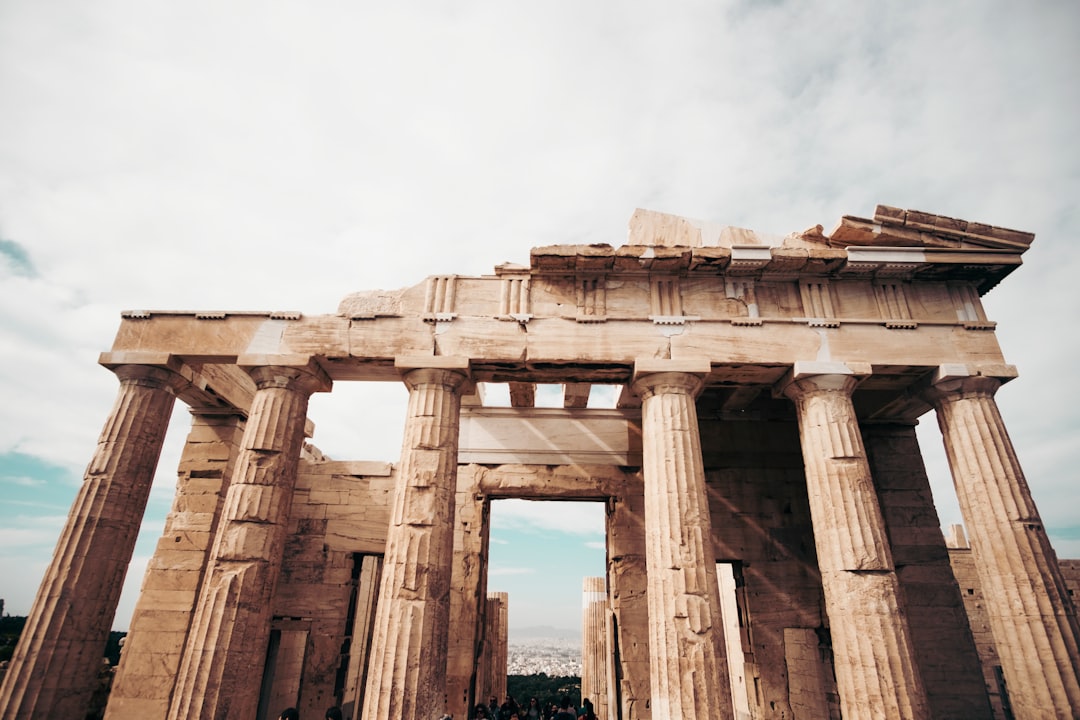What is it about?
Keywords: utopia;dystopia;reality;illusion;simulacra;late capitalism Although Plato's Utopia or ideal city is the non-place that holds the promise of perfection, it remains the place in which citizens are categorized by a rigid structure. José Saramago, on the other hand, introduces us to a dystopia in his novel Blindness, in which one event leads to the ruin of a city. Yet, as with Plato's Utopia, a similar desirable separation by the higher authorities is enacted. When a strange ailment leads to the blindness of some of the citizens, we begin to witness the disintegration of both the human and the city. In The Cave, which reverberates with Plato's “Simile of the Cave,” Saramago provides an unrelenting criticism of a city's landscape that is changed by a blind capitalist system. In this unnamed city, imitation is more valued than the real. In the simile, Plato questions what would become of the dwellers of the cave if one were to see beyond the screen. In Saramago's novel, the lone potter is the one who is able to see beyond the shadows
Featured Image

Photo by Mads Schmidt on Unsplash
Why is it important?
Scholars of dystopia are Jose Saramago may be interested in this paper.
Perspectives
The novels of Jose Saramago are more important today than when they were written.
Dr Hania A.M. Nashef
American University of Sharjah
Read the Original
This page is a summary of: Specters of Doom, Orbis Litterarum, April 2015, Wiley,
DOI: 10.1111/oli.12067.
You can read the full text:
Contributors
The following have contributed to this page










